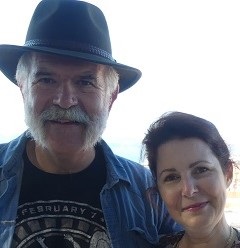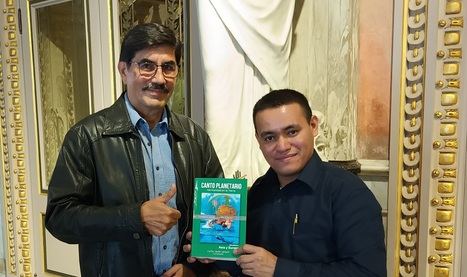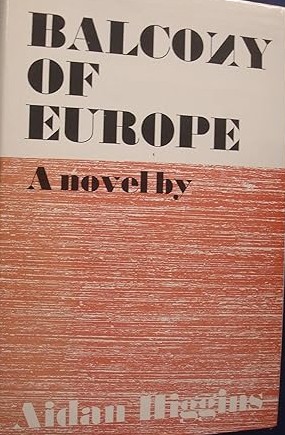The María Zambrano Center for Transatlantic Studies at the University of Malaga (AMZET) advocates for the continuous promotion of research regarding the relations between Spain and Ireland. For this purpose, it has announced the Spain-Ireland Awards that include three categories in different areas: The George Campbell Award, the Kate O’Brien Award, and the Robert Boyd Award.   
|
| Tierra inestable |
Viví en Winchester una temporada. Yo era bastante más joven de lo que soy, y aquel pueblo me parecía un mundo. Ahora, que la edad me bendice con el don de la perspectiva (a veces), he podido aprender dos cosas: en primer lugar, que aquel pueblo liliputiense no era tan grande cómo me parecía entonces. En segundo lugar, que es mi gran punto de unión con la literatura: comienza por la historia del Rey Arturo, su espada y su mesa redonda, y termina (de momento) en Claire Fuller.



Sobre "Journey to the Metaverse" de Antonio Flores-Galea
| Journey to the Metaverse |



A literary personage is neither the psychological outcome of an eery aery fluke, which may be termed “fiction”, nor bread swelled by merely leavening dough with the sour sweat of our foreshadowing brows, which can be named “mimesis”. Writers of the world, we’ve a bunch of easy techniques to hoist plausible personages. In my sight, for instance, Roland Barthes’ Mythologies has been a top-notch well of aesthetic wisdom. Furthermore, it contains, in a buttonholing way, some well wrought literary tricks.



El director del Instituto Cervantes, Luis García Montero, viaja a Malabo, capital de Guinea Ecuatorial, del 20 al 22 de julio para inaugurar la Tribuna del Hispanismo Ecuatoguineano, un foro de encuentro con hispanistas del país africano, y se reunirá con el presidente de la Academia Ecuatoguineana de la Lengua Española (AEGLE), Agustín Nze Nfumu, así como con varios escritores.



| The Decline and Fall of the Roman Empire |
With a simple reasoning we could explain the theory that sustains the great book The Decline and Fall of the Roman Empire, hoisted by Edward Gibbon. That reasoning is: a society unavoidably subjected to material conditions can be described in terms of tragedy; a society ruled by reason, that is, one that is free, can be described in terms of epic; but a society compounded by rational beings that is deceived by material accidents and psychological illusions deserves to be described in terms of satire. The said book is a methodic, philosophical, elegant and perdurable jeer against irrational beings, whose pretext was Rome. The famous sentence of Gibbon, quoted here and there as a slogan of the said work, thus gets a meaning, and it says: history is “the register of the crimes and follies and misfortunes of mankind” (1).



The following topics constitute the structure of the digital reputation of a public figure, and are either solid props to ameliorate or sustain it or accursed arms to destroy it. The young technocratic masses of our age feel they do not have some place in our modern economical and political structure, and that they are foredoomed to material poverty and invisibility, and by reason of this they eagerly applaud social media personages who appear before them relishing lyrical pleasures, e.g., a costly goblet of wine, a pied dash, a Cuban cigarette, or a bottle of whiskey with more peripeteias than them.



The ensuing anthropological depictions of moral corruption, I hope, will be useful for those propagandists who are working on behalf of justice. This brief text is the result of my observations in the spheres of politics and my multifarious readings. Our mind, when we suffer an accident here, a misfortune there, a disgrace today, and the bitter fruits of our improvident facts dropping like a rain of pain upon us, tends to frame a metaphysical scene in which tragedy is the main protagonist. Tragedy is a system too, which sometimes presents a light in order to alleviate the painful life of humanity. This light is called, in accordance with the analyses of Machiavelli, “occasione” (1).



This piebald comparative inquiry is the kernel of two experiences with two wenches. As I was gallivanting across a rut of kennels of a street of New York, I saw a hairlanked black woman, and I wooed her by using my most poetical and knightly resources and polite letters. Amid that hectic cityscape she accepted my words, which at that moment were only an echo of a line of a poem written by Lord Byron: “She walks in beauty, like the night” (1). She smiled, and we are good records of love now. I did the same thing in Mexico with another coloured lass. Decorum does not permit me to describe her barbarian reaction.



Sobre "Hotel Splendid" de Marie Redonnet
| Portada de "Hotel Splendid" de Marie Redonnet |
De hoteles y ruinas varias habló Juan Diego Madueño en El Mundo con su reportaje sobre el Hotel Joma en Jerez de la Frontera. Sin embargo, y a pesar de que la historia del “Hotel Splendid” de Marie Redonnet trate sobre un hotel al borde de la ruina, esta obra publicada en 1986, y ahora en español por la Editorial Malas Tierras, juega en su propia liga y presenta un escenario espléndido.



Spain Invoked
| Instituto Cultural en Dublín |
Ireland had for centuries looked to Spain for military and spiritual aid against the common enemy, England, and many poems exist to verify that plea for help. Roisin Dubh (Little Black Rose), a folk poem possible from the 1600s, is one of Ireland’s most famous political songs. It is based on an older love-lyric in which the title referred to the poet’s beloved rather than, as here, being a pseudonym for Ireland: Roisin, have no sorrow for all that has happened to you/the friars are out on the brine, they are travelling the sea,/your pardon from the Pope will come, from Rome in the East,/and we won’t spare the Spanish wine for my Roisin Dubh.



I’ve been weening the time-honored distinction between ancient and modern art. Time, I guess, isn’t a keen concept to split art. I’m going to talk a bit about this. Will we be “modern brethren” within ten thousand years? This discussion could endlessly be enlarged. I would like to hie the piebald literary connoisseurs to regard the microscope, or rather the microscopical worldview, which was well imprinted on the curious minds of the Greek pointy-heads (the phrase “οφθαλμος σου απλους” in Matthew 6: 22, and the word “καρδια” in Matthew 6: 21, evoke microscopical images) and on the minds of a Leibniz, of a Newton, as the hallmark of the said artsy rivers.



The very first line of Aristotle’s Rhetoric runs thus: “ἡ ῥητορική ἐστιν ἀντίστροφος τῇ διαλεκτικῇ” (1). The quite wise ancient Greeks weened that every law-abiding democratic free citizen should be a dialectician and grasp the subtleties of that antistrophe, rhetoric, to shun being fooled by politicians, who are wont to stare at public opinion so as to learn from it which kind of enthymeme is the most persuasive in the agora (2). Public opinion has four faces, videlicet: orientation, degree, causality, and expectation. According to this, there must be four sorts of rhetoricians, and each one must’ve a specific class of audience. Such a couple gives rise to the question concerning the syllogisms, styles, moods, and proofs that an orator may handle to be a cajoling tongue. And, in our age, an age in which telecommunications are the main outlets of politicians, it’s unavoidable to deem the traits of the media they’ve at hand.



|
| Festival Internacional Literatura e Língua Portuguesa |
O Festival Lisboa 5L é o novo festival literário de Lisboa, que decorre entre 5 e 9 de maio de 2021 em teatros, cinema, livrarias e nas ruas, largos e praças da cidade. Organizado pela Câmara Municipal de Lisboa, o Lisboa 5L celebra o Dia Mundial da Língua Portuguesa e promove a Língua, a Literatura, os Livros, as Livrarias, a Leitura, os Autores e os seus Leitores.



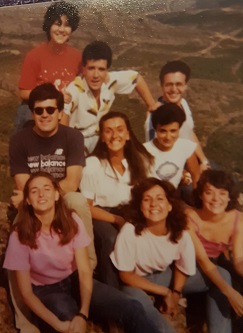
¿Con ganas de sacarte un título de inglés que te dé nuevas posibilidades de empleo o una beca para estudiar en el extranjero? Ahora que el covid-19 está tan presente en nuestras vidas la idea de escaparnos una temporada fuera para aprender idiomas se ha quedado muy atrás pero, siempre hay buenas oportunidades.



Technique is the main concern of an artistic writer, and subject-matter is the general anguish of a propagandistic writer, says G. Orwell[1] (1). Art is possible in quiet moral ages, he says. Propaganda, therefore, is the fruit of unquiet moral ages, in which the “whole scheme of values is constantly menaced”. Such constant moral fear transforms the literary criticism, which is “judicious, scrupulous, fair-minded”, into something impossible. Objectivity, that is, “intellectual detachment”, is the origin of the universal masterpiece. Is the Defoe's Robinson Crusoe a technical and objective book or is it mere English propaganda? Four thesis extracted from our propagandistic experience will test the famous book of Defoe.
[1] See The Frontiers of Art and Propaganda, published in the Listener, April 30, 1941. I offer Spanish translation in Don Palafox: donpalafox.blogspot.com/2018/12/fronteras-del-arte-y-la-propaganda.html



Jorge Luis Borges asseverates in scarce, arid lines, that F. S. Fitzgerald, whose vital mission was “to be brave”, represents, more than other authors of the American Jazz Age, the World War I´s post-days[1]. The Great Gatsby[2], ergo, is a historic document. H. L. Mencken declares that the Gatsby´s plot is just a “glorified anecdote” developed in “bawdy house parties”, in colorful fallacies that are inhabited by “marionettes”. Such an anecdote is valuable, he affirms, due to “the charm and beauty of the writing”, due to the sentences, which “roll along smoothly, sparklingly, variously”[3]. We will test these three adjectives.






El Ministerio de Educación y Formación Profesional (MEFP) publica la novena edición del informe ‘El mundo estudia español’ que detalla el trabajo en 33 países




Si estás interesado en el ámbito de la educación, tener dominio del inglés es fundamental. Ya sea que estés buscando cómo aprender inglés británico o inglés estadounidense, debes saber que lo ideal es siempre estudiar con profesores particulares de inglés o participar en algún programa de intercambio cultural, que tenga relación con tus estudios en tu país de origen, y te permita una experiencia de inmersión total.









| Jornadas escocesas de Teba |
Del 25 al 28 de agosto, la Villa de Teba vuelve a celebrar una nueva edición de sus jornadas ‘Douglas’ Days’, una festividad declarada de Singularidad Turística por la Diputación de Málaga con la que el municipio rescata la memoria del noble escocés sir James Douglas por su relevante papel en la batalla de Teba en 1330, donde perdió la vida.



Henry Louis Mencken was a penetrating writer, who represented the crux of the journalism of America. Then, a philosophical analysis of his work will be useful to understand that journalism. To do this, I have perused A Gang of Pecksniffs[1], which is a compendium of texts engaged against the hypocrisy of mediocre newspapermen. Our point d’appui could be this simple Kantian sentence: we can not know things in an objective manner. Our necessary representations a priori, like geometry and arithmetic, give a form and an order to the various data coming from the exterior world.
[1] Mencken, Henry Louis, A Gang of Pecksniffs. New Rochelle, New York: Arlington House-Publishers, 1955.



Amidst a rainy night I was reperusing some Encyclopedia Britannica’s articles, and since by hook or by crook, as the folkloric phrase runs, I always meet German mythologies and Greek stanzas of yore, I found a text written by Kathleen Kuiper (1) versed in the symbol styled “Rumpelstiltskin”, whose gast spends the tides of its life in the drudging work of turning straw into gold. I thought, then, our mind is like an alchemist who by the hair unites extremes without grokking how or why those brinks could be together.



| Chagall the Edifier |
Our scooping finite mind, which is jostling athwart the fleeting and hitherandthitering reality from morning to night, is prone to sublime chimeras, to helter-skelter expressions without some tail tressed by adjectives or some head made of nouns, and to descry odds from the top of its wavering teleology. We can regard this hodgepodge of mental movements, with Kant, as the main crux of the “human intellect” in an “unphilosophical state” (1). The bleak lack of philosophy leads us to give an apparent rhapsodical accommodation to the sundry deeds of the world, and such an arrayment stands for a “Weltanschauung”, which is conveyed through religious words (2), which as spells hie us to believe in divinities. This apparent rhapsodical accommodation might be called “common sense”.



“555”, de Hélène Gestern
| 555 |
Una partitura antigua, codicia, amor, pasión por la música y la obra de Scarlatti conforman la banda sonora de una novela apasionante, un cruce vertiginoso de tiempos y vivencias que da comienzo a una investigación con un final inesperado.



“La enciclopedia de las hadas de Emily Wilde”, de Heather Fawcett
| La enciclopedia de las hadas |
El sello Umbriel presenta su novedad más apetecible para este mes de febrero: “La enciclopedia de las hadas de Emily Wilde” de Heather Fawcett. Una novela encantadora y conmovedora que llega a nuestro país avalada por un gran éxito tanto en Estados Unidos como en Reino Unido.



Ten years have elapsed since I resolved to plunge into my memory the ensuing noserag-like fourteen sonnets written by Garcilaso de la Vega (1503, Toledo, Spain; 1536, Nice, France), with which one can palliate the snotgreen begotten by the wrack-monger blind Hap, by stubbornness, by the bedeviled industrial Romanticism swilled in Germany and France, by the stilted deaf Providence philosophised by Christianity, and by the uncouth ever-seething heathenism concocted by the warp of our wits. Such are the main themes of his poetry, by the way.



| -[Estilo fotográfico realista] Una sala de casino moderna llena de luces brillantes y máquinas tragamonedas, con jugadores emocionados frente a las pantallas. La luz cálida de los neones refleja en sus rostros mientras una máquina muestra un gran premio. (Foto: Modelo gpt-image?1 (OpenAI)) |




If metaphysics is the morningtide of art, and if the whilom is arrayed by the minion ideas of soul (“Seele”), world (“Welt”) and God (“Gott”), and if these flapping cloddish concepts are the tokens of the three main cravings of the human mind, videlicet, the setting of strong adjectives, the hoisting of stout hypotheses, and the blurbing of cosmogonies and apocalypses, then artists are those who can depict objects by means of an original garb, arrange them in an unmovable manner, and homogenizing them without lacking of accurateness. An artist is, ere all, one indued with the wit to beget a new sleight, to contrive hallowed dispositions, and to harmonize sundry objects within a tale.



Strays, mill-pups and homeless dogs instead of sun, parties and Daikiris? Yes, Woof can!
A different flavor of summer holidays is gaining popularity as the choice for an increasing number of animal lovers – and people with a wish to meet different folks and cultures – who want to make great memories, and make a difference: saving hundreds of lives every year, finding the perfect pet for any family anywhere in the world, and offering food, medicine, shelter and love for animals in one of Europe’s most beautiful islands and holiday destinations: the Greek island of Crete.



¡Bienvenidos a la generación planetaria!
CANTO PLANETARIO: HERMANDAD EN LA TIERRA (HC EDITORES, Costa Rica) es un proyecto independiente, gestionado en su totalidad por su compilador, si nexo alguno con organismos, instituciones, empresas, ideologías ni colectividades políticas, culturales, intereses económicos, concepciones sociales ni creencias religiosas. Los participantes y sus aportes están al margen de cualesquiera manifestaciones de discriminación, racismo, nacionalidad, edad, sexo, orientación sexual, discapacidad, raza, etnia, idioma, nivel económico, nivel académico, entre otras entelequias humanas. Este es un proyecto multilingüe, multi artístico y multicultural: un CANTO PLANETARIO en toda la extensión que promueve la paz y la hermandad global. Su temática central es el medioambiente.



| Balcony of Europe |



| Un paisaje futurista donde un avatar de jugador se encuentra frente a un gran libro digital que simboliza la blockchain, rodeado de monedas virtuales (Foto: Modelo gpt-image?1 (OpenAI)) |

The emergence of Bitcoin in 2009 introduced groundbreaking concepts that are fundamentally changing many industries, with online gambling being one of the areas undergoing rapid innovation. Bitcoin itself provides a transparent and censorship-resistant payment network, while the underlying blockchain technology enables new functionalities through decentralized apps and smart contracts.



The woke-brain-washing word "genocide" nowadays is parroted ubiquitously in the media by cartoonish spokespersons, well-waged pundits, pig-faced politicians, new-age-inspired maidservants, Harvard bigots, and the like. But 'tis way problematic, rather a paralogism, "id est", 'tis a concept shorn of clear objects. This fashionable term, to actually mean something of substance, shall entail the concept of "intentionality", which is subjective, useless in the fair wielding of international laws. But intentions cannot be scientifically tested, therefore, we only may figure out the premises behind 'em.



|
Buscas empleo en librerías
encuentralo en Jooble |
| La perfección está en los sentimientos. Dependemos de muchas cosas, de muchos factores, de nacer en ...
El poemario "Oración de la lluvia", escrito por Carmen María López, ha recibido un premio debido a «...
El director de cine, productor, guionista y escritor Elio Quiroga nació en Las Palmas de Gran Canari...
Un libro paradigmático nos presenta esta editorial, que tanta calidad ofrece en todas sus obras. Est...
El poema "Perfección" de Jorge Guillén celebra la plenitud del mediodía, simbolizando la armonía y b...
En diciembre de 1919, Antonio Machado publica en El adelantado, de Segovia, este poema, en homenaje ...
El invierno sueco no perdona. A las tres de la tarde ya es noche y el frío cala hasta los huesos. La...
Nacido en Sevilla, Juan Ramón Biedma estudió Derecho y durante muchos años se ha dedicado a la gesti...
|
| |




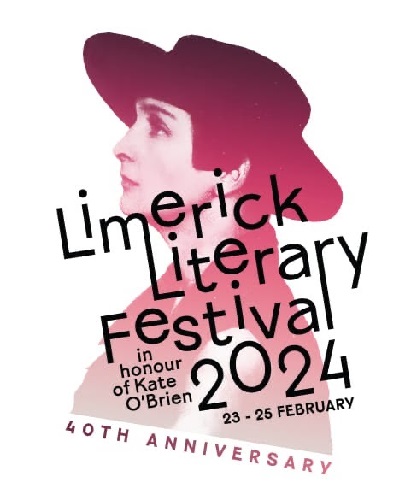
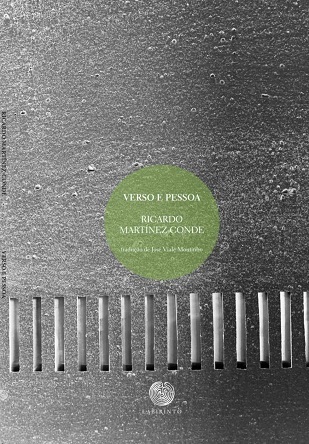

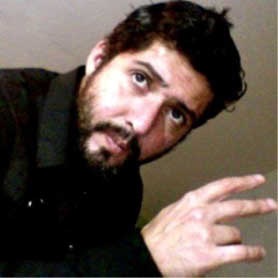
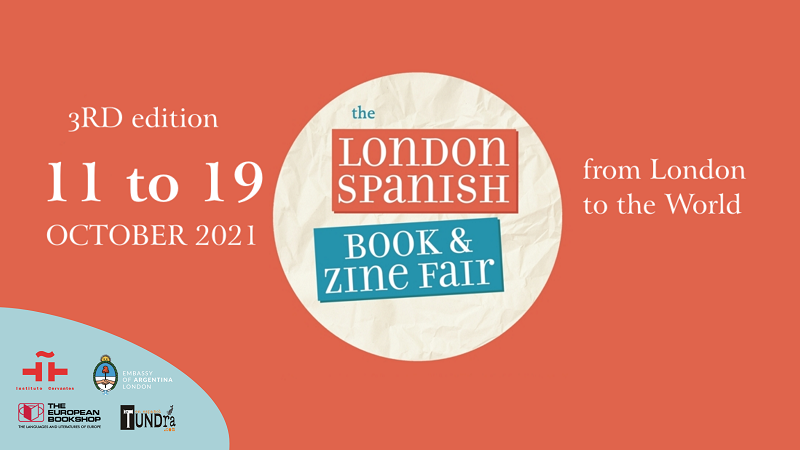
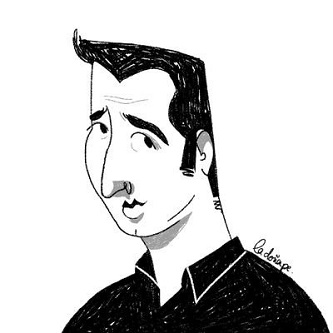

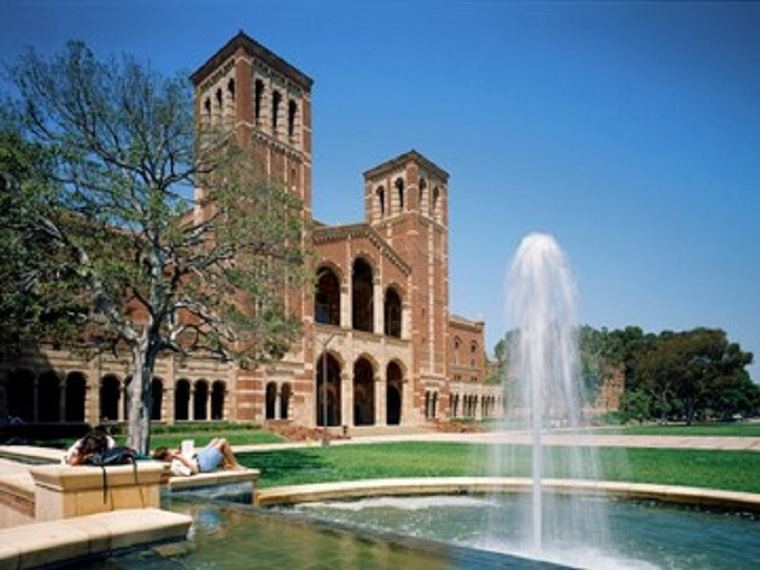
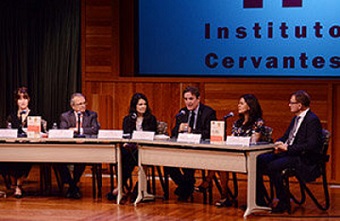
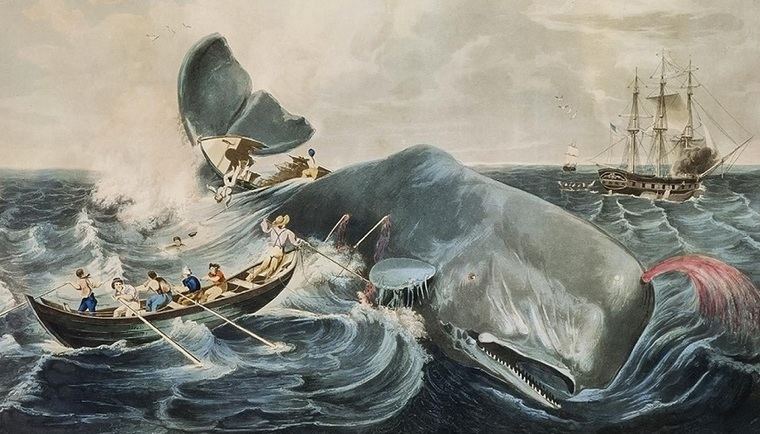
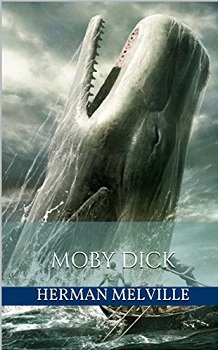

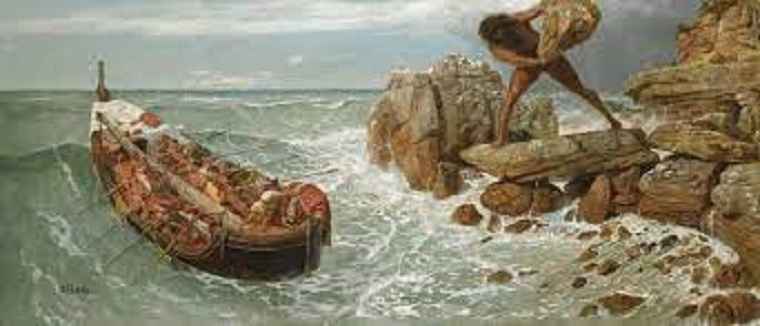
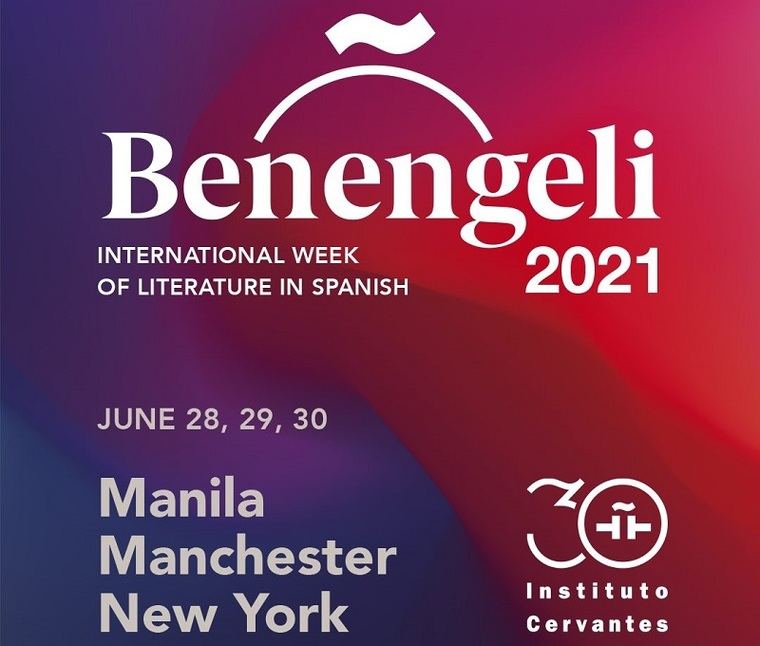
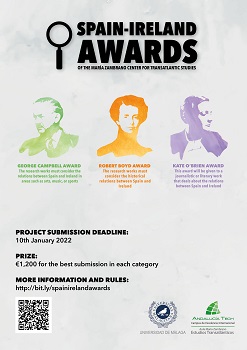

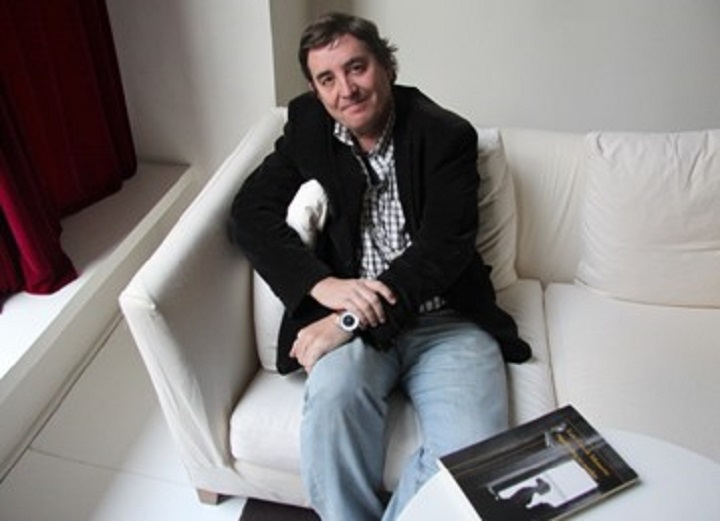




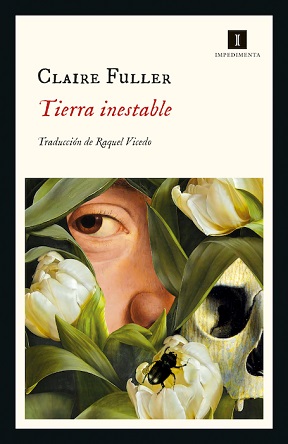
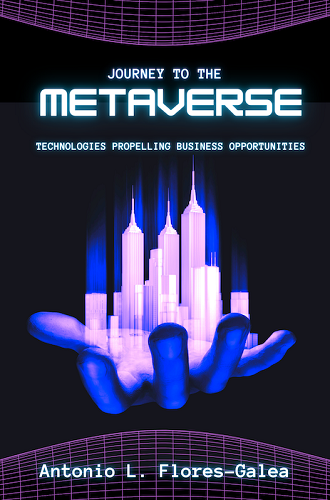


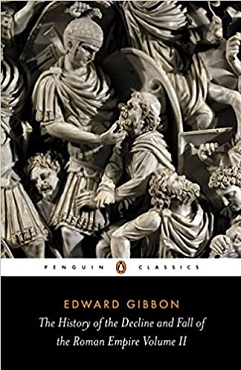

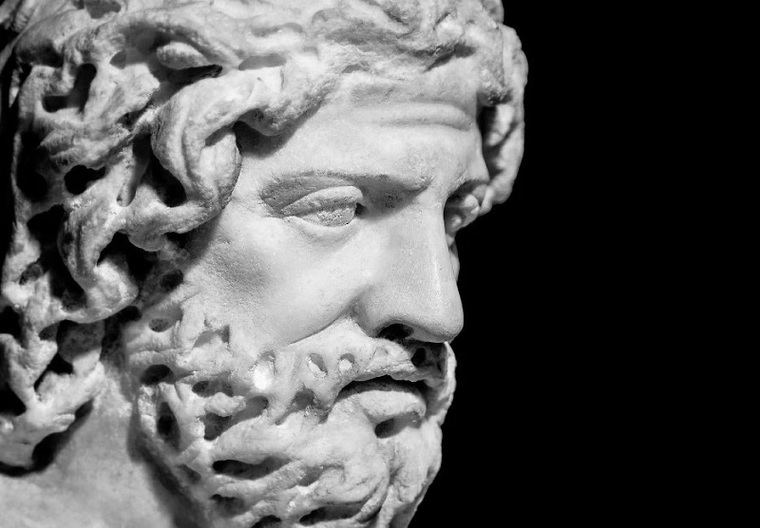

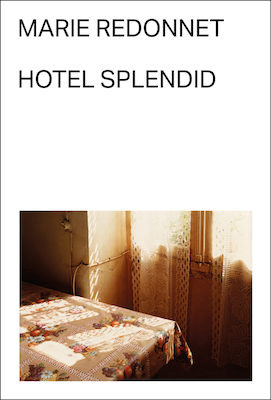

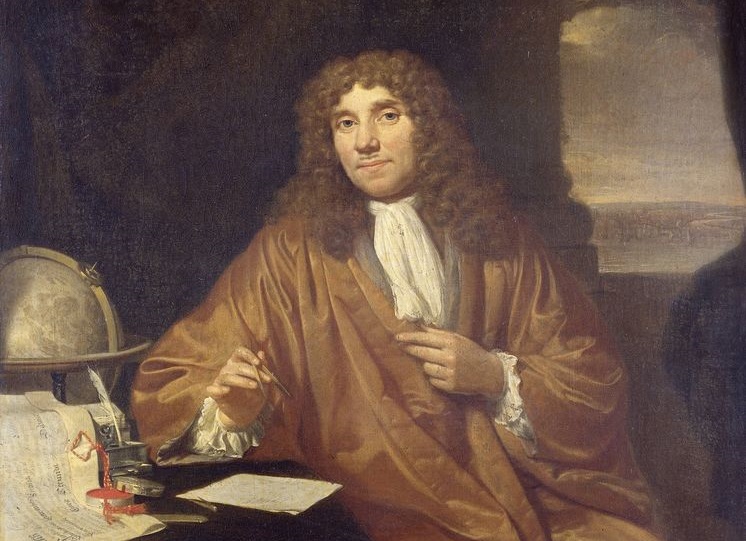
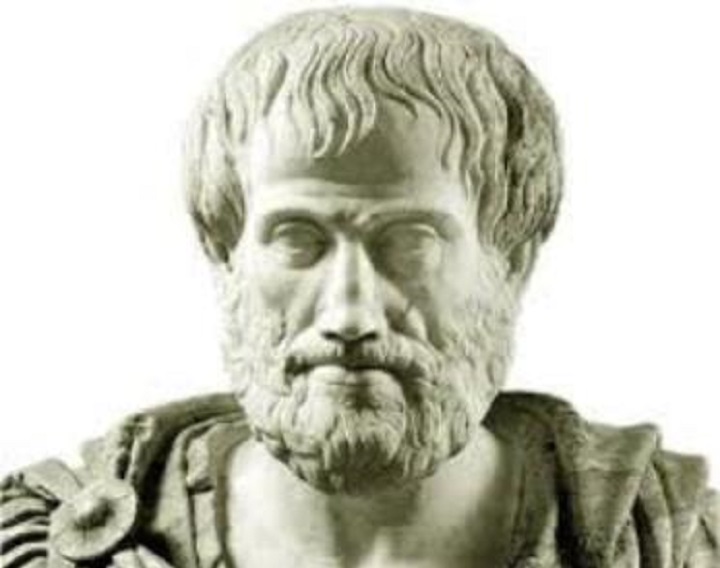
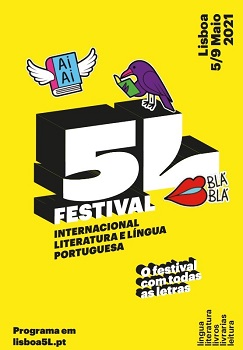

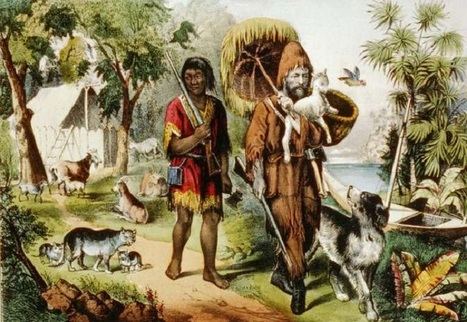

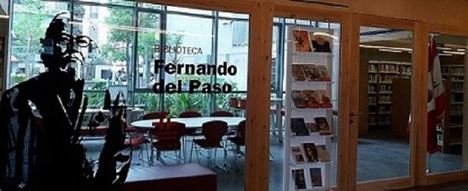
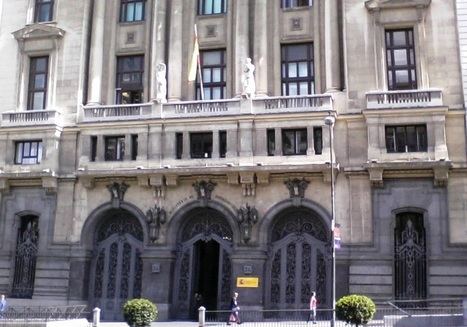
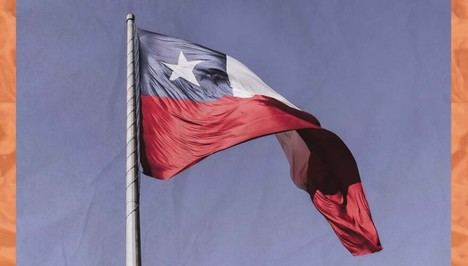
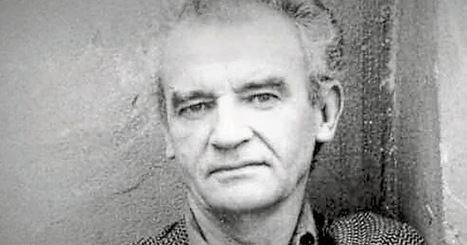
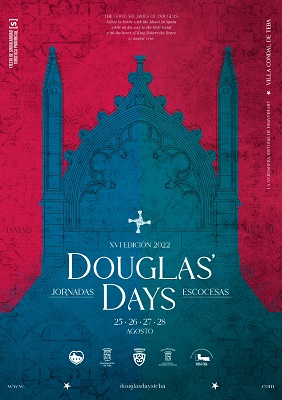


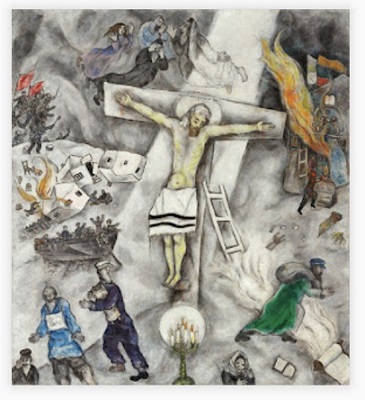
.jpeg)
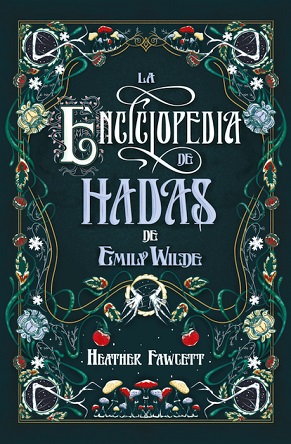
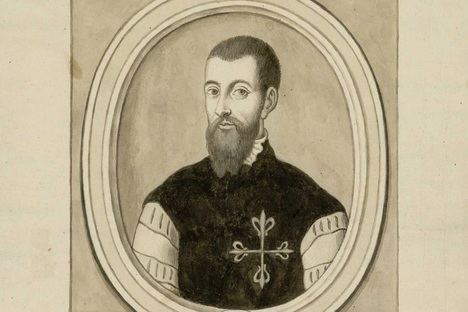
![-[Estilo fotográfico realista] Una sala de casino moderna llena de luces brillantes y máquinas tragamonedas, con jugadores emocionados frente a las pantallas. La luz cálida de los neones refleja en sus rostros mientras una máquina muestra un gran premio. -[Estilo fotográfico realista] Una sala de casino moderna llena de luces brillantes y máquinas tragamonedas, con jugadores emocionados frente a las pantallas. La luz cálida de los neones refleja en sus rostros mientras una máquina muestra un gran premio.](https://www.todoliteratura.es/fotos/1/31705_image_689ecc07e34e4_thumb_468.jpg)
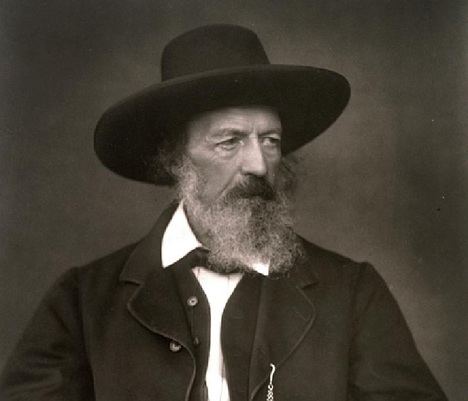

 FROM HELL TO PAW-RADISE: AN ISLAND’S ANIMAL SHELTER WONDER
FROM HELL TO PAW-RADISE: AN ISLAND’S ANIMAL SHELTER WONDER